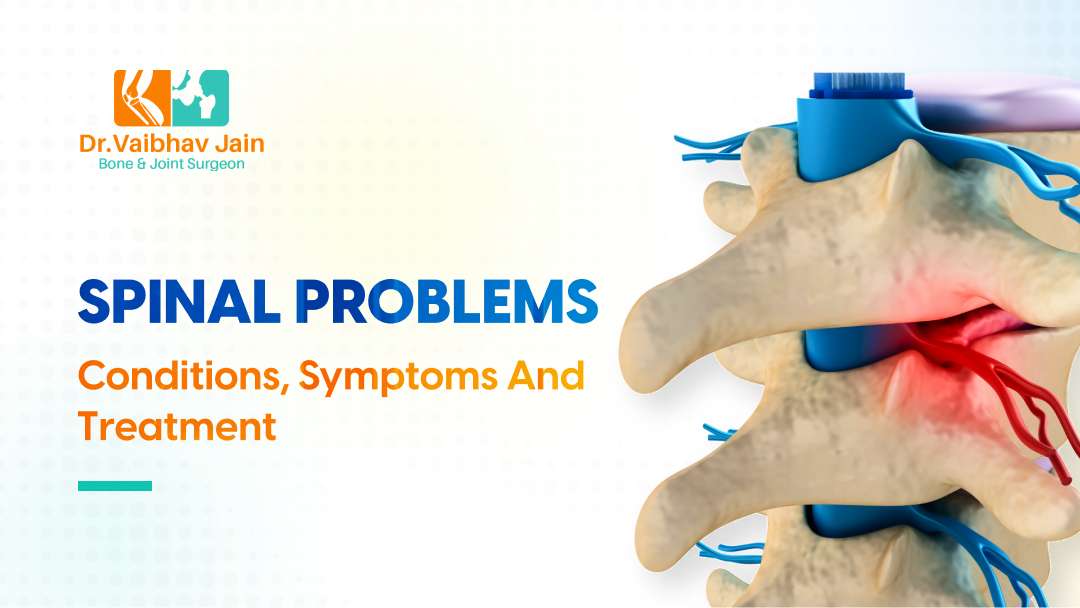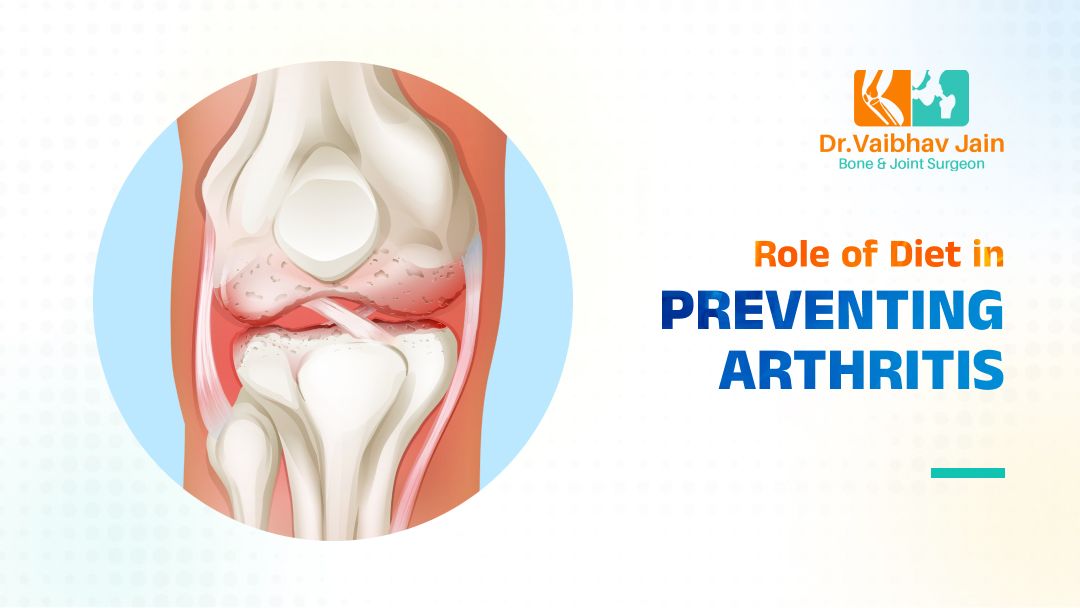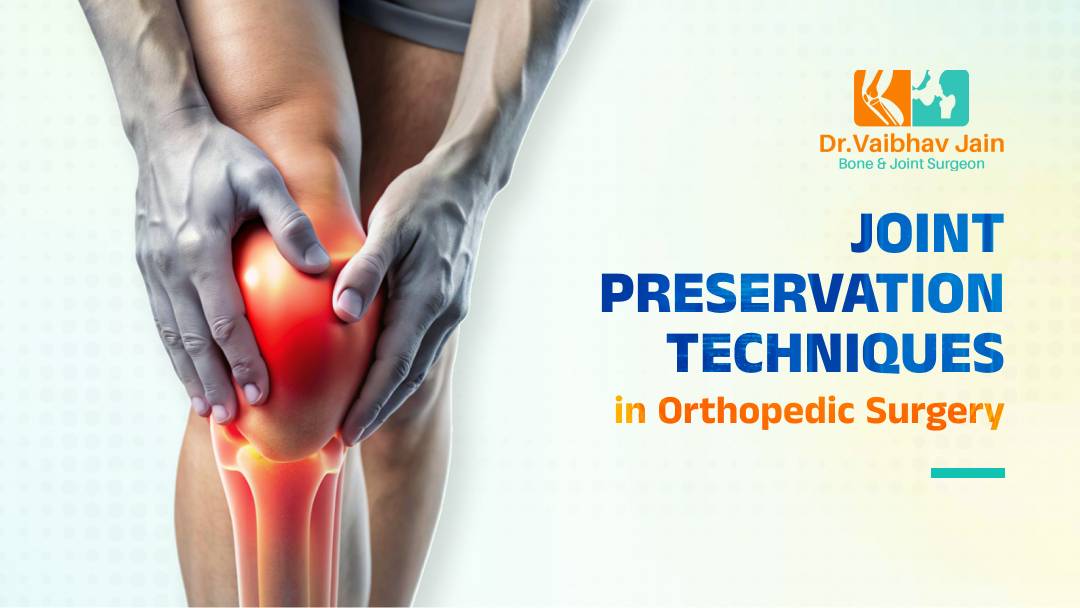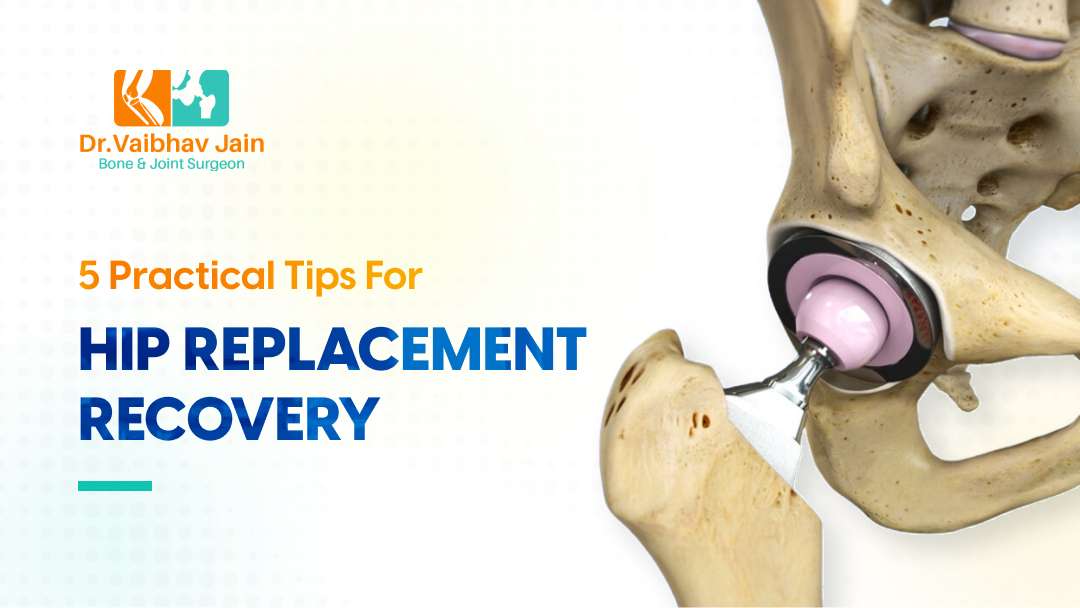The spine is a human’s backbone. It consists of 24 vertebrae, which support the head. It protects the spinal cord and nerves that send and receive signals from the body. Spinal problems develop due to a health issue or accident. If the condition is severe or chronic, it can cause serious health problems. There are various types of spinal problems, which range from mild to severe.
People suffering from spinal problems often complain of back pain. Other symptoms include difficulty in walking, loss of sensation, and tingling of the arm. The spine is made up of bones, muscles, and nerves. There are 100,000 nerves and over 100,000 muscles that are responsible for supporting and functioning of the spinal cord. The spine can be damaged due to an accident or serious injury. It is also prone to infections, inflammation, tumours, and dislocation.
Today, people are often affected by spinal problems. Lifestyle and eating habits have contributed to the growing number of spinal problems.
So, it’s important to understand your treatment options and what you can do to prevent back pain before it starts. In this blog post, we will take a look at some common spinal problems, their symptoms, and potential treatments.
Definition
Spinal problems are conditions that affect the spinal cord and its surrounding nerves. They can cause pain, numbness, and weakness in different parts of the body. Some common spinal problems include:
- Back pain
- Neck pain
- Spinal cord compression
- Pelvic pain
- Renal problems
There is no one-size-fits-all answer to solving spinal problems, but treatment often involves a combination of therapies and doctor visits. If you’re experiencing any of the above symptoms, it’s important to seek medical attention as soon as possible to determine the best course of treatment.
What Are The Signs And Symptoms Of Spinal Problems?
If you’re experiencing any of the following symptoms, it’s important to see a doctor:
- Numbness or tingling in the arms or legs
- Loss of muscle control in the arms or legs
- Loss of bladder or bowel control
- Difficulty walking or standing
If you’re concerned that you might have a spinal problem, it’s important to see a doctor to rule out any other possible causes and to begin treatment. Spinal problems can be extremely debilitating, and if left untreated, can lead to permanent injury or even death.
If you’re experiencing any of the symptoms listed above, it’s important to see a doctor as soon as possible. Don’t wait for anything to get worse; take action and get help right away.
Common Conditions
Spinal problems can be caused by a range of conditions, but they all share one common feature: they’re caused by damage to the spinal cord.
- There are a few different types of spinal cord damage, but the most common is injury. This type of damage can be caused by a number of different things, from a car accident to a fall from a height.
- Another common type of spinal cord damage is caused by a condition called syringomyelia. This condition is caused by a build-up of fluid in the spinal cord. This fluid can cause a number of different symptoms, including paralysis and difficulty moving the legs.
- Finally, there’s another type of spinal cord damage called neurogenic bladder. This type of damage is caused by a problem with the nerves that control the bladder. This damage can lead to problems with urination, including no urine at all.
There are a number of treatments available for spinal problems, but the best way to find out if you have one is to consult a doctor.
Diagnosing Spinal Problems
Back pain is a common problem, and it can be difficult to determine the source of the pain. Spinal problems can be difficult to diagnose, and even if you do find the source of the pain, it may not be fixable.
If you’re experiencing back pain (spinal pain) that doesn’t seem to be resolving with the treatments you’re using, it might be worth seeking out a consultation with a doctor. A doctor can perform a number of tests to help determine the source of your pain and whether or not it’s fixable.
If you do decide to see a doctor, be prepared to answer a lot of questions. Your doctor will want to know about your symptoms, your history, and your current treatments. Be sure to bring along any medical records that may be relevant, and don’t be afraid to ask any questions you have. A good doctor will be able to provide you with helpful advice and help you get the treatment you need to resolve your back pain.
There are a variety of treatments available for spinal problems, and the best one for you will depend on the cause and the severity of your symptoms. If you’re experiencing back pain, for example, you might need to take medication to reduce the pressure on the nerve, rehabilitate the back bone, or apply hot or cold treatments to the back.
Person from Delhi, had been suffering from lower back pain for a few years and had consulted many doctors, but no one was able to help me. Finally, he was referred to Dr. Vaibhav Jain by someone and Dr. Vaibhav Jain was able to diagnose the problem and provide him with the right treatment. He is now pain free and very grateful to Dr Vaibhav Jain.





